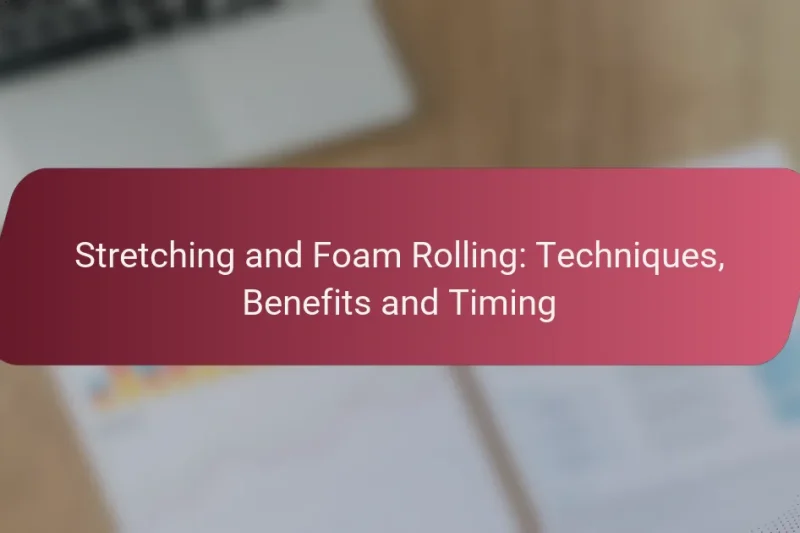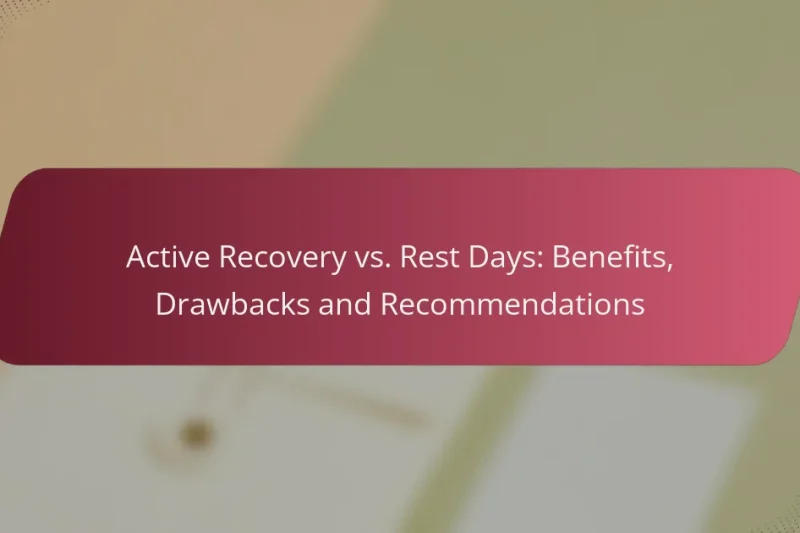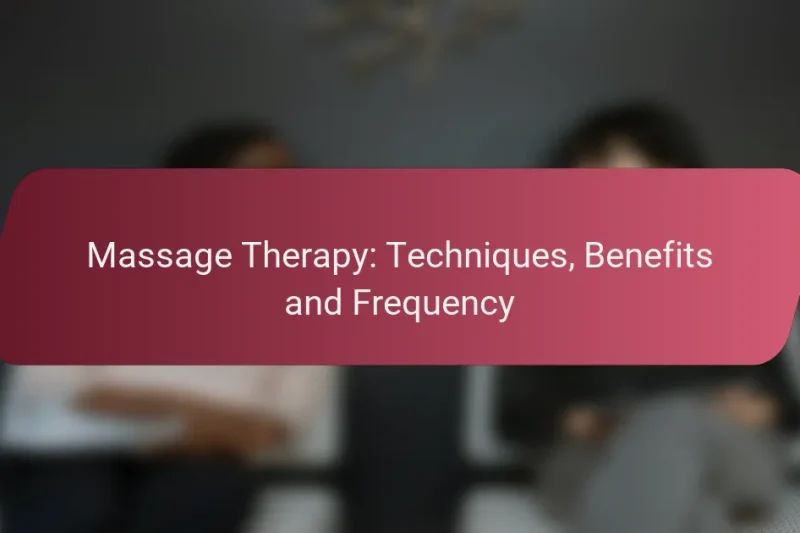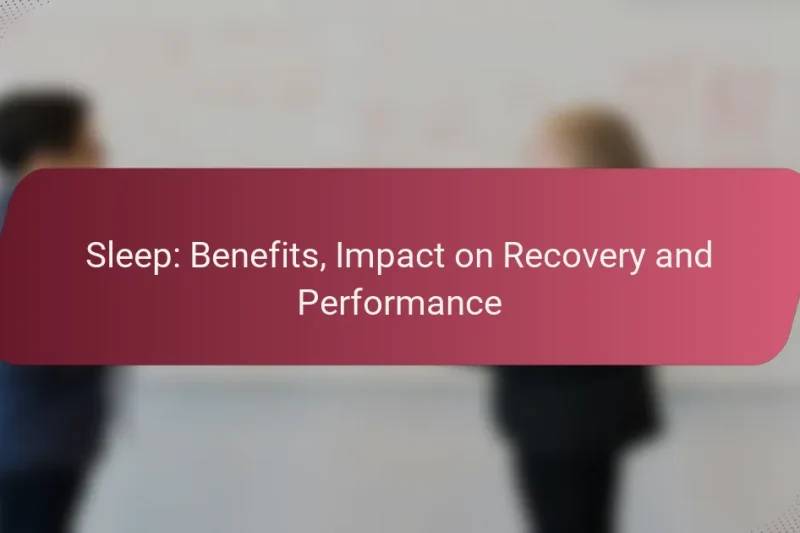Stretching and foam rolling are essential techniques for athletes looking to enhance performance and recovery. By … Stretching and Foam Rolling: Techniques, Benefits and TimingRead more
Squid Gym Wellness Recovery
At Squid Gym in Ireland, we offer a comprehensive range of wellness recovery solutions aimed at enhancing physical recovery and overall well-being. Our services, including hydrotherapy, massage therapy, infrared sauna treatments, nutrition counseling, and yoga classes, are designed to support athletes and individuals in their recovery journeys.
Active Recovery vs. Rest Days: Benefits, Drawbacks and Recommendations
Understanding the balance between active recovery and rest days is essential for optimizing athletic performance and … Active Recovery vs. Rest Days: Benefits, Drawbacks and RecommendationsRead more
Massage Therapy: Techniques, Benefits and Frequency
Massage therapy is a holistic approach that provides a range of benefits, including stress relief, pain … Massage Therapy: Techniques, Benefits and FrequencyRead more
Recovery Techniques: Stretching, Foam Rolling, Nutrition, Massage Therapy
Recovery is essential for athletes to maintain peak performance and prevent injury, and effective techniques include … Recovery Techniques: Stretching, Foam Rolling, Nutrition, Massage TherapyRead more
Nutrition: Post-Workout Meals, Hydration and Supplements
Post-workout nutrition is essential for effective recovery, focusing on meals that replenish energy and support muscle … Nutrition: Post-Workout Meals, Hydration and SupplementsRead more
Mindfulness and Meditation: Techniques, Benefits and Integration
Mindfulness and meditation are powerful practices that promote mental well-being by encouraging present-moment awareness and emotional … Mindfulness and Meditation: Techniques, Benefits and IntegrationRead more
Sleep: Benefits, Impact on Recovery and Performance
Sleep plays a vital role in enhancing recovery and performance, allowing the body to repair itself … Sleep: Benefits, Impact on Recovery and PerformanceRead more
What wellness recovery solutions does Squid Gym offer in Ireland?
Squid Gym in Ireland provides a variety of wellness recovery solutions designed to enhance physical recovery and overall well-being. These services include hydrotherapy sessions, massage therapy, infrared sauna treatments, nutrition counseling, and yoga and meditation classes.
Hydrotherapy sessions
Hydrotherapy sessions at Squid Gym utilize water’s therapeutic properties to promote recovery and relaxation. These sessions may include techniques such as aquatic exercises, warm water immersion, and contrast baths to improve circulation and relieve muscle tension.
Participants can expect sessions to last around 30 to 60 minutes, depending on individual needs. It’s advisable to wear appropriate swimwear and consult with a trainer to tailor the experience to specific recovery goals.
Massage therapy
Massage therapy at Squid Gym focuses on relieving muscle soreness and enhancing flexibility through various techniques, including Swedish, deep tissue, and sports massage. Each session is customized based on the client’s physical condition and recovery objectives.
Sessions typically range from 30 to 90 minutes. It’s beneficial to communicate any specific areas of discomfort to the therapist to ensure the most effective treatment.
Infrared sauna treatments
Infrared sauna treatments use infrared light to heat the body directly, promoting detoxification and relaxation. These sessions can help alleviate muscle pain, improve circulation, and enhance skin health.
Each session usually lasts between 20 to 45 minutes. Users should stay hydrated before and after treatment and start with shorter sessions to gauge their comfort level.
Nutrition counseling
Nutrition counseling at Squid Gym aims to optimize recovery through tailored dietary advice. Certified nutritionists work with clients to create personalized meal plans that support their fitness and wellness goals.
Sessions can vary in length, typically lasting about 60 minutes. Clients are encouraged to maintain a food diary prior to their first consultation to help the nutritionist understand their eating habits and preferences.
Yoga and meditation classes
Yoga and meditation classes at Squid Gym focus on enhancing mental clarity and physical flexibility. These classes incorporate various styles of yoga, including Hatha and Vinyasa, along with guided meditation practices.
Classes usually last between 45 to 90 minutes and cater to all skill levels. Participants should wear comfortable clothing and arrive a few minutes early to settle in and prepare for the session.
How does hydrotherapy aid recovery?
Hydrotherapy aids recovery by utilizing water’s therapeutic properties to enhance physical rehabilitation and alleviate discomfort. This method can significantly reduce muscle soreness, improve circulation, and promote relaxation, making it a valuable tool for athletes and individuals in recovery.
Reduces muscle soreness
Hydrotherapy effectively reduces muscle soreness through the application of warm water, which helps to relax tight muscles and alleviate pain. The buoyancy of water also decreases the impact on joints, allowing for gentle movement and stretching without strain.
For optimal results, consider using warm water immersion for 15-30 minutes after intense workouts. This practice can help flush out lactic acid, which contributes to soreness, and promote quicker recovery times.
Improves circulation
Hydrotherapy enhances circulation by stimulating blood flow through temperature changes and water pressure. Warm water dilates blood vessels, improving oxygen delivery to muscles, while cold water can constrict vessels, reducing inflammation and swelling.
Alternating between warm and cold water can create a pumping effect that further boosts circulation. This technique, known as contrast hydrotherapy, can be particularly beneficial for recovery after strenuous exercise.
Promotes relaxation
Hydrotherapy promotes relaxation by creating a soothing environment that reduces stress and anxiety. The warmth of the water can lower cortisol levels, leading to a more relaxed state both physically and mentally.
Incorporating hydrotherapy sessions into your routine can enhance overall well-being. Aim for regular sessions, such as soaking in a hot tub or taking warm baths, to maximize relaxation benefits and support recovery efforts.
What are the benefits of massage therapy at Squid Gym?
Massage therapy at Squid Gym offers numerous benefits, including relaxation, improved flexibility, and support for injury recovery. By targeting muscle tension and enhancing circulation, massage can significantly contribute to overall wellness and fitness performance.
Relieves tension
Massage therapy is highly effective in relieving tension built up in muscles due to stress or physical activity. Techniques such as deep tissue and Swedish massage focus on loosening tight muscles, which can lead to immediate relief and a sense of relaxation.
Regular sessions can help maintain lower levels of muscle tension, making it easier to manage stress and improve daily functioning. Consider scheduling a massage after intense workouts or stressful weeks for optimal results.
Enhances flexibility
Massage therapy can enhance flexibility by increasing blood flow to muscles and connective tissues. This improved circulation helps to warm up muscles, making them more pliable and responsive to stretching.
Incorporating massage into your routine can lead to greater range of motion and reduced risk of injury. For best results, combine massage with regular stretching exercises to maximize flexibility gains.
Supports injury recovery
Massage therapy plays a crucial role in supporting injury recovery by promoting healing and reducing inflammation. Techniques like myofascial release can help alleviate pain and restore function in injured areas.
For those recovering from sports injuries, a tailored massage plan can accelerate the healing process. Consult with a therapist at Squid Gym to create a recovery plan that suits your specific needs and conditions.
What is the role of infrared sauna treatments in recovery?
Infrared sauna treatments play a significant role in recovery by promoting relaxation and enhancing the body’s natural healing processes. These saunas use infrared light to penetrate the skin, which can lead to various health benefits, including detoxification, reduced inflammation, and improved skin health.
Detoxifies the body
Infrared saunas help detoxify the body by encouraging sweating, which can eliminate toxins such as heavy metals and chemicals. During a session, the heat can raise your core temperature, prompting your body to sweat more profusely than it would in a traditional sauna.
To maximize detoxification, aim for sessions lasting between 20 to 45 minutes, depending on your comfort level. Staying hydrated before and after treatment is crucial to support the detox process and avoid dehydration.
Reduces inflammation
Infrared sauna treatments can significantly reduce inflammation, which is often linked to various chronic conditions. The heat from the sauna increases blood circulation, which can help deliver oxygen and nutrients to inflamed areas, promoting faster healing.
Regular use of infrared saunas may help alleviate symptoms of conditions like arthritis or muscle soreness. Consider incorporating sessions 2 to 3 times a week for optimal results, but consult with a healthcare provider if you have underlying health issues.
Improves skin health
Infrared saunas can enhance skin health by promoting increased blood flow and collagen production, leading to a more youthful appearance. The heat can help open pores, allowing for deeper cleansing and removal of impurities.
For best results, combine sauna sessions with a proper skincare routine. Aim for 30-minute sessions a few times a week to see improvements in skin texture and tone over time. Always follow up with moisturization to keep the skin hydrated post-treatment.
How can nutrition counseling enhance wellness recovery?
Nutrition counseling can significantly enhance wellness recovery by providing tailored dietary guidance that supports individual health goals. By focusing on personalized nutrition, individuals can optimize their recovery process, improve energy levels, and promote overall well-being.
Personalized meal plans
Personalized meal plans are designed to meet the specific nutritional needs of each individual, taking into account their health status, activity level, and recovery goals. These plans can help ensure that individuals receive the right balance of macronutrients and micronutrients essential for healing and energy replenishment.
For example, a meal plan for someone recovering from an injury may emphasize protein-rich foods to support muscle repair, while also incorporating healthy fats and carbohydrates for sustained energy. Regular adjustments to the meal plan can be made based on progress and feedback.
Education on recovery foods
Education on recovery foods involves informing individuals about specific nutrients and foods that can aid in their recovery process. Understanding which foods are beneficial can empower individuals to make informed choices that align with their wellness goals.
Common recovery foods include lean proteins, whole grains, fruits, and vegetables, which provide essential vitamins and minerals. For instance, foods rich in antioxidants, like berries, can help reduce inflammation and support recovery.
Support for weight management
Support for weight management is crucial during the recovery process, as maintaining a healthy weight can influence overall health and recovery outcomes. Nutrition counseling can provide strategies for managing weight through balanced eating and portion control.
Individuals may benefit from tracking their food intake and physical activity to identify patterns and make necessary adjustments. Setting realistic weight management goals, such as losing or gaining a few pounds per month, can help maintain motivation and accountability.






